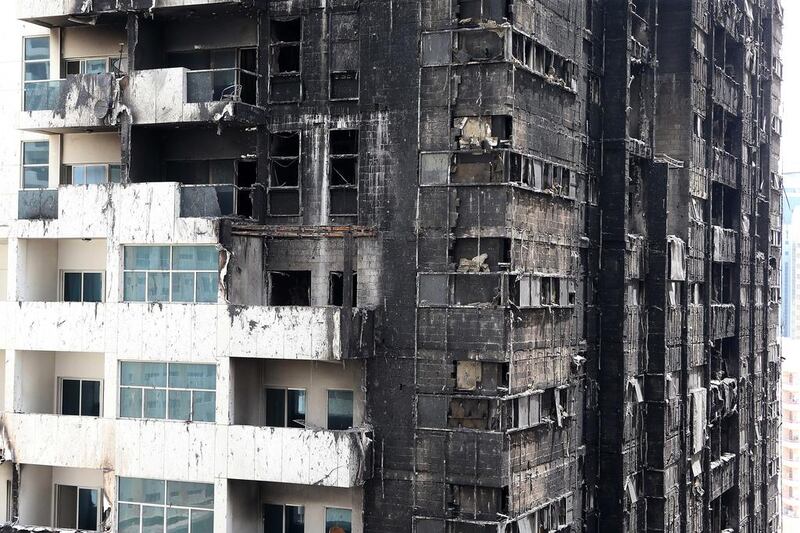ABU DHABI // The spread of rumours online is all but impossible to control when social media is our main means of communication, experts say.
Security and media officials and academics who attended a seminar hosted by the National Crisis & Emergency Management Authority (NCEMA) said people were likely to pass on hearsay although tough laws forbid them from doing so.
However, it was important that rumours and untruths be curtailed as they could have been spread by those with malicious intent, they said.
“The Nazis used to follow a policy – ‘lie, lie, lie until people believe you,” said Dr Ali Al Nuaimi, head of the Abu Dhabi Educational Council, chancellor of UAE University and a member of the Abu Dhabi Executive Council, adding that foreign governments or political groups could seek to cause chaos with misinformation.
Maj Gen Fahad Al Shalan, from Nayef University in Saudi Arabia, suggested a plan be drawn up to show officials should react to a crisis.
“Many leaders admit that during a crisis they are affected by what they see and hear. Many get into trouble from their statements during crises,” he said. “There is no way to separate the media from the crisis.”
An example of a successful media plan can be seen in the release of statements reinforcing the UAE's commitment to tolerance ahead of the visit to the Vatican by Sheikh Mohammed bin Zayed, Crown Prince of Abu Dhabi and Deputy Supreme Commander of the Armed Forces, said Mohammed Al Hammadi, chief editor of Aletihad newspaper, the Arabic language sister paper of The National.
“We were expecting (verbal) attacks from the Muslim Brotherhood or so, but there were already many reports issued on tolerance. Nevertheless, there were some attacks but they were minor, so one should be prepared.”
The main factor behind inaccurate media reports or rumours was the absence of information from official sources, he said.
“All departments have a media representative, but when the crisis occurs no one picks up,” said Mr Al Hammadi.
“Give us the information and we shall report it transparently and accurately, and no one will have to build on rumours.”
He said that tough punishments for those who spread rumours, especially during a time of war, was not a solution to the problem because the law is applied after the rumour has spread and caused damage.
The penalty for spreading false information or rumours online ranges between three months to three years in jail, and a fine of up to Dh1 million.
Noura Al Kaabi, Minister for FNC Affairs, said Sheikh Saif bin Zayed, Deputy Prime Minister and Minister of Interior, gave a press conference after the murder of an American woman on Reem Island in 2014.
“With that, they put a limit to rumours,” she said.
“When he [Sheikh Saif] personally supervised the fire in Ajman One towers along with Umm Al Quwain’s Crown Prince, Sheikh Rashid bin Saud, we were following how local channels covered it. Then an international channel tried to send a twisted message, but the presence of leadership there was equal to that message,” Ms Al Kaabi said.
Hussein Abdullah, head of social media at Al Sayegh Media, said online rumours usually start with a person who has influence over others, the rumour is exaggerated and expands.
“People like attention, just like gossip.”
The motives behind rumour were mixed, he said: “Some people have hidden agendas, some people just want to prove their influence even further.”
hdajani@thenational.ae







